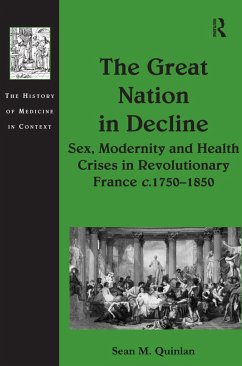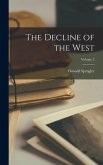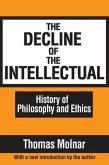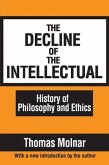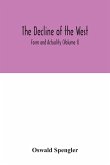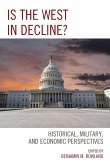This book studies how doctors responded to - and helped shape - deep-seated fears about nervous degeneracy and population decline in France between 1750 and 1850. It uncovers a rich and far-ranging medical debate in which four generations of hygiene activists used biomedical science to transform the self, sexuality and community in order to regenerate a sick and decaying nation; a programme doctors labelled 'physical and moral hygiene'. Moreover, it is shown how doctors imparted biomedical ideas and language that allowed lay people to make sense of often bewildering socio-political changes, thereby giving them a sense of agency and control over these events. Combining a chronological and thematic approach, the six chapters in this book trace how doctors began their medical crusade during the middle of the Enlightenment, how this activism flowered during the French Revolution, and how they then revised their views during the period of post-revolutionary reaction. The study concludes by arguing that medicine acquired an unprecedented political, social and cultural position in French society, with doctors becoming the primary spokesmen for bourgeois values, and thus helped to define the new world that emerged from the post-revolutionary period.
Hinweis: Dieser Artikel kann nur an eine deutsche Lieferadresse ausgeliefert werden.
Hinweis: Dieser Artikel kann nur an eine deutsche Lieferadresse ausgeliefert werden.

